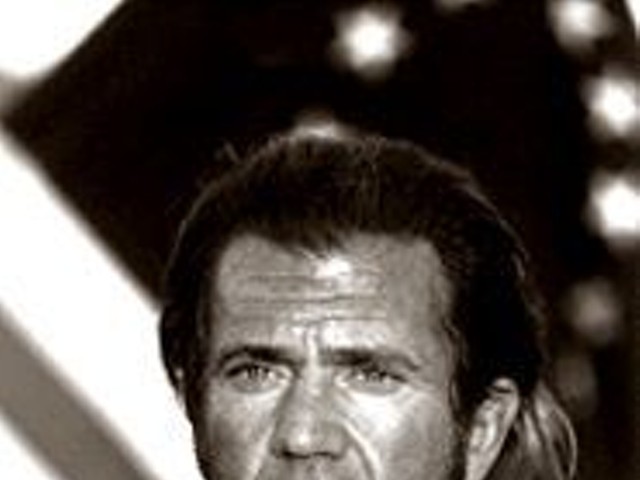Alain Delon, in a performance so restrained it approaches the robotic, plays Jef Costello, a professional hitman. As the opening credits roll, we see Jef, nearly motionless, sitting in his anonymously furnished flat, marking the time until his next job. Finally he gets up, carefully and mechanically dons his coat and hat, and goes off to work. There are no more than 50 words of dialogue in the film's first 20 minutes, as Jef goes about stealing a car, obtaining a gun, setting up his alibi and shooting the manager of a trendy nightclub. His dispassionate professionalism is clearly his greatest asset as a killer. Still, he is momentarily unsettled as he leaves the scene of the crime: He comes face-to-face with Valerie (Cathy Rosier), the club's jazz pianist/singer. After an extended moment of eye contact, he proceeds on his way. Later that night, Jef is picked up by the cops in a sweep of suspicious characters. Despite his carefully planned alibi, the chief inspector (François Périer) is convinced of his guilt. But when Valerie swears that he is not the man she saw, the cops have to let Jef go. Still, they tail him and bug his flat.
As the plot grows slightly more complicated, Melville carefully shows the cops and the gangster organization as identically structured. He is as detailed in depicting the work of the surveillance and bugging teams as he has been in showing Jef's modus operandi. Nothing happens in the film only once: Every scene has its subsequent twin, as though a structured dramatic ritual is being played out.
Woo fans more interested in that director's flashy visual style than in his obsessive themes may well find Le Samourai slow going. The Killer may replicate some of the plot of Le Samourai, and Chow Yun-fat may wear Delon's hand-me-down outfits, but in terms of technique, the directors couldn't be more different. In simple terms, Woo applies heat where Melville is icy-cold: Melville presents the shootings in near-documentary fashion; his characters' emotions are all held in, only occasionally breaking through their steely expressions. There are no melodramatic flashbacks, no hyper cutting or rack focuses.
Although I prefer Woo's large-scale emotions and effects, there is something magnificent about Melville's austerity. His vision of Jef surely derives partly from the Sterling Hayden characters in The Asphalt Jungle and The Killing and possibly from Donald E. Westlake's Parker novels. But Melville himself, in a late interview, tipped his hat to the film Le Samourai feels most akin to. Some directors avoid self-revelatory interviews; others don't ... and should. Melville was one of the latter. His British Film Institute interview, reprinted in the press notes for the current reissue, is appalling and irritating -- a catalog of sheer bullshit during which he babbles on about how Jef is a schizophrenic. Far be it from me to suggest that Melville is wrong about his own film, but, accepting his descriptions of the characters and of his own aesthetic intent, one can only thank fate for having him fail so magnificently. The one thing in the Melville interview that helps illuminate, rather than obfuscate, his achievement is a brief reference to Graham Greene's This Gun for Hire, which, in its 1942 film incarnation (directed by Frank Tuttle), shot Alan Ladd to stardom. Le Samourai is practically a remake of Tuttle's film (a far closer relative than The Killer), from the outlines of the plot to Ladd's performance -- even down to that same white raincoat.
In French with English subtitles.
Plays at 8 p.m. June 29-July 1 at Webster University.





